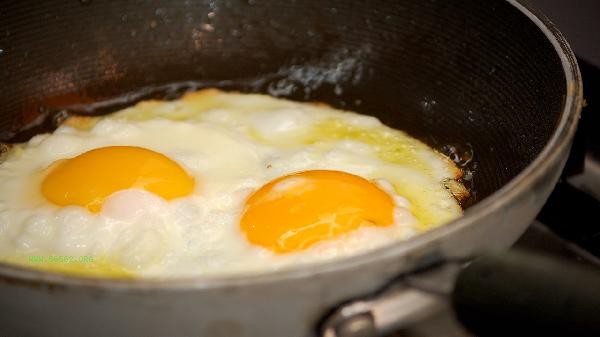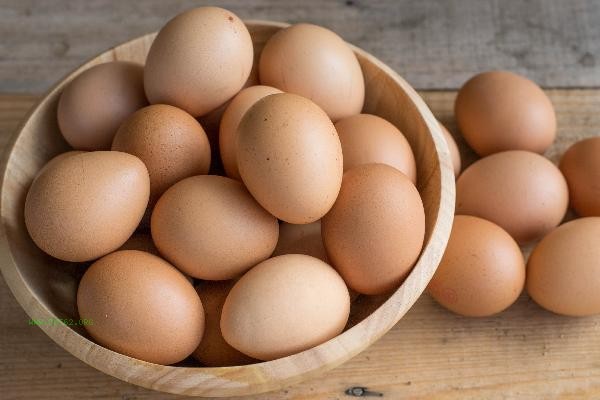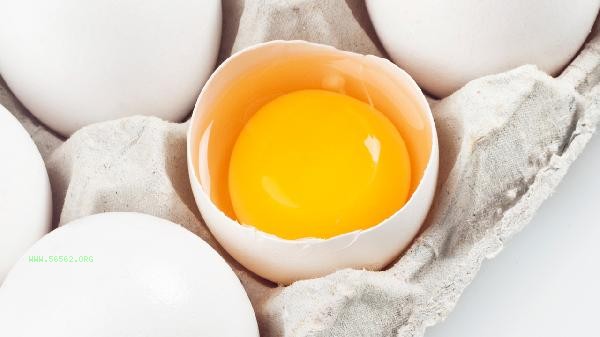Vinegar fried eggs have a certain auxiliary effect on relieving cough, but cannot replace medication treatment. Cough may be caused by factors such as wind cold cold cold, lung heat dry cough, throat inflammation, allergic reactions, or chronic bronchitis, and intervention methods should be selected according to the specific cause.

1. Wind cold cough
Wind cold cough is often characterized by coughing up white phlegm and nasal congestion due to chills. Take one egg and beat it up. Add 5 milliliters of vinegar and stir fry until cooked. Eating it while it's hot can help dispel the cold. Patients with wind cold cough can enhance the effect of dispelling cold with ginger brown sugar water. If accompanied by fever, seek medical attention in a timely manner.
2. Pulmonary heat and dry cough
Pulmonary heat cough is commonly characterized by yellow and viscous phlegm, as well as sore throat. At this time, vinegar fried eggs can be moistened with a little honey to moisten the lungs, but should not be consumed in excess. The cough due to lung heat needs to be accompanied by snow pear, loquat and other heat clearing ingredients, and the continuous hemoptysis needs to be screened for tuberculosis and other diseases.
3. Pharyngitis
Stimulating cough caused by pharyngitis, the acidity of vinegar may exacerbate mucosal irritation. It is recommended to switch to mild foods such as egg custard, and pair them with refreshing drinks such as honeysuckle and fatty sea. Acute pharyngitis with difficulty breathing requires immediate emergency treatment.

4. Allergic factors
Patients with allergic cough should be cautious when consuming vinegar fried eggs, as vinegar may induce histamine release and worsen symptoms. This type of cough should be avoided from contact with allergens such as dust mites and pollen, and antihistamines such as loratadine should be taken if necessary.
5. Chronic bronchitis
Long term consumption of vinegar fried eggs may irritate the gastric mucosa in patients with chronic cough. It is recommended to consume it no more than twice a week, along with lung nourishing ingredients such as white radish and lily. Repeated coughing up of purulent sputum requires screening for organic diseases such as bronchiectasis. During coughing, keep the indoor air moist, drink more than 1500 milliliters of water per day, and avoid spicy and stimulating foods. If coughing persists for more than two weeks, accompanied by chest pain or hemoptysis, a chest CT scan should be performed promptly. Children, pregnant women and patients with diabetes should consult a doctor before using the food therapy formula. If the cough symptoms become worse or wheezing occurs, the food therapy should be stopped immediately and medical attention should be sought.










Comments (0)
Leave a Comment
No comments yet
Be the first to share your thoughts!